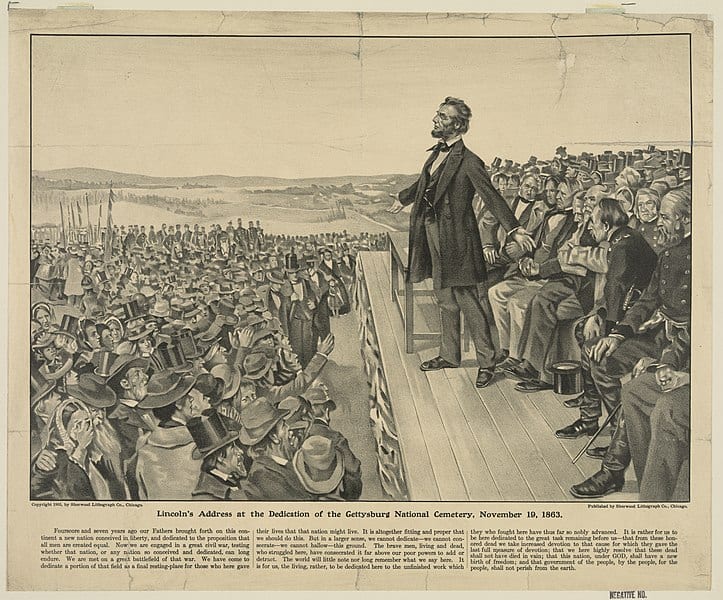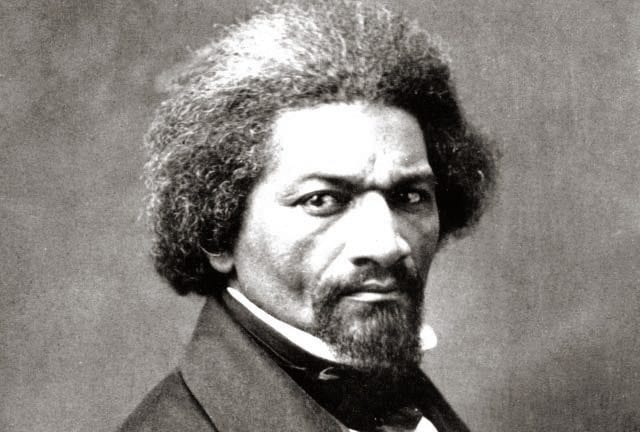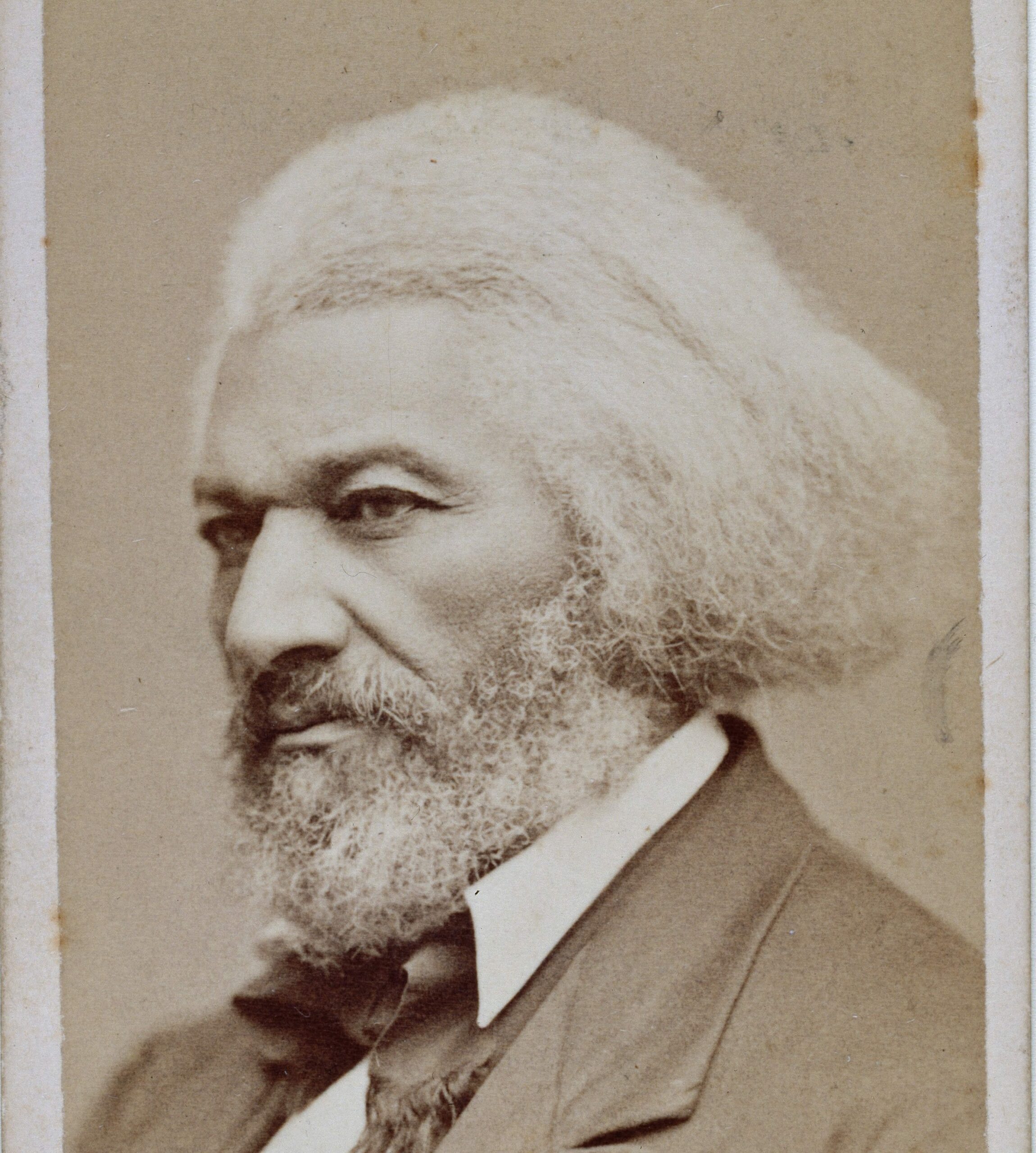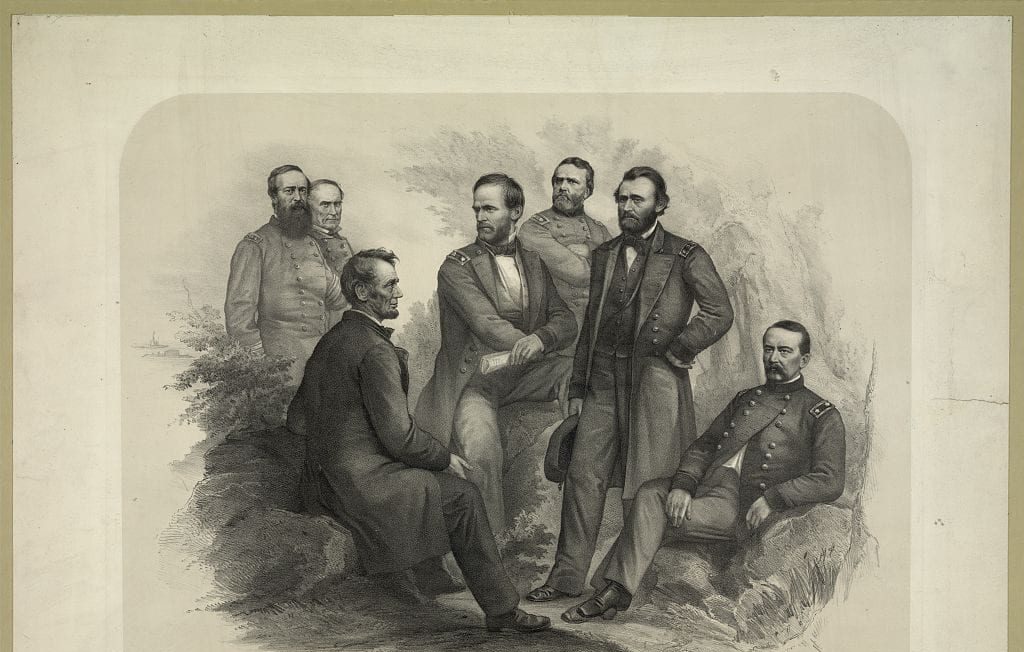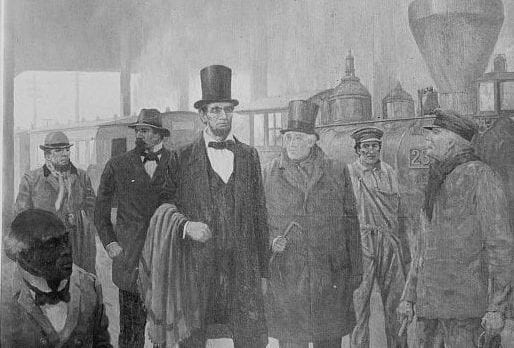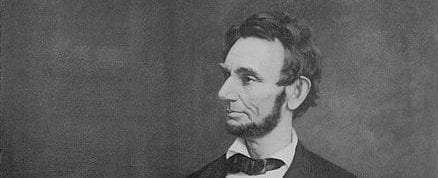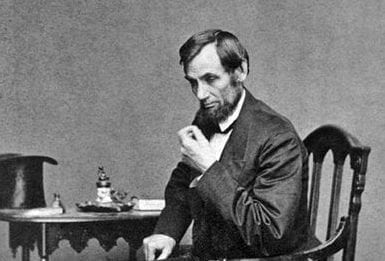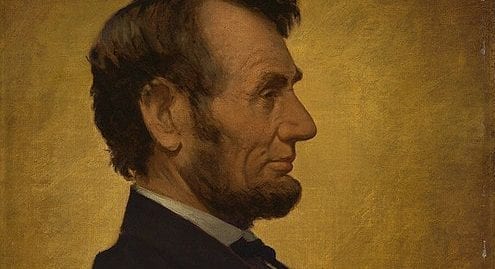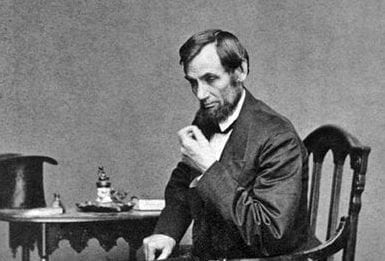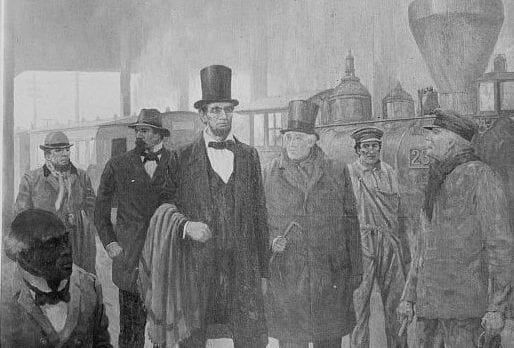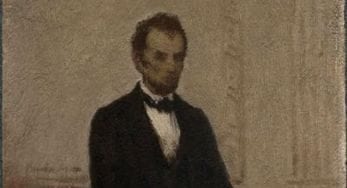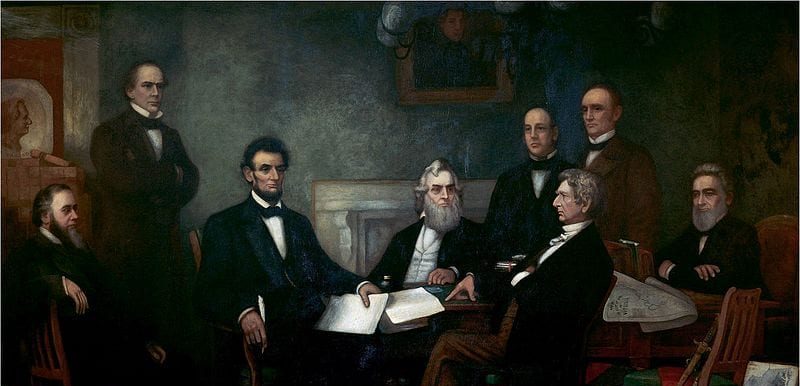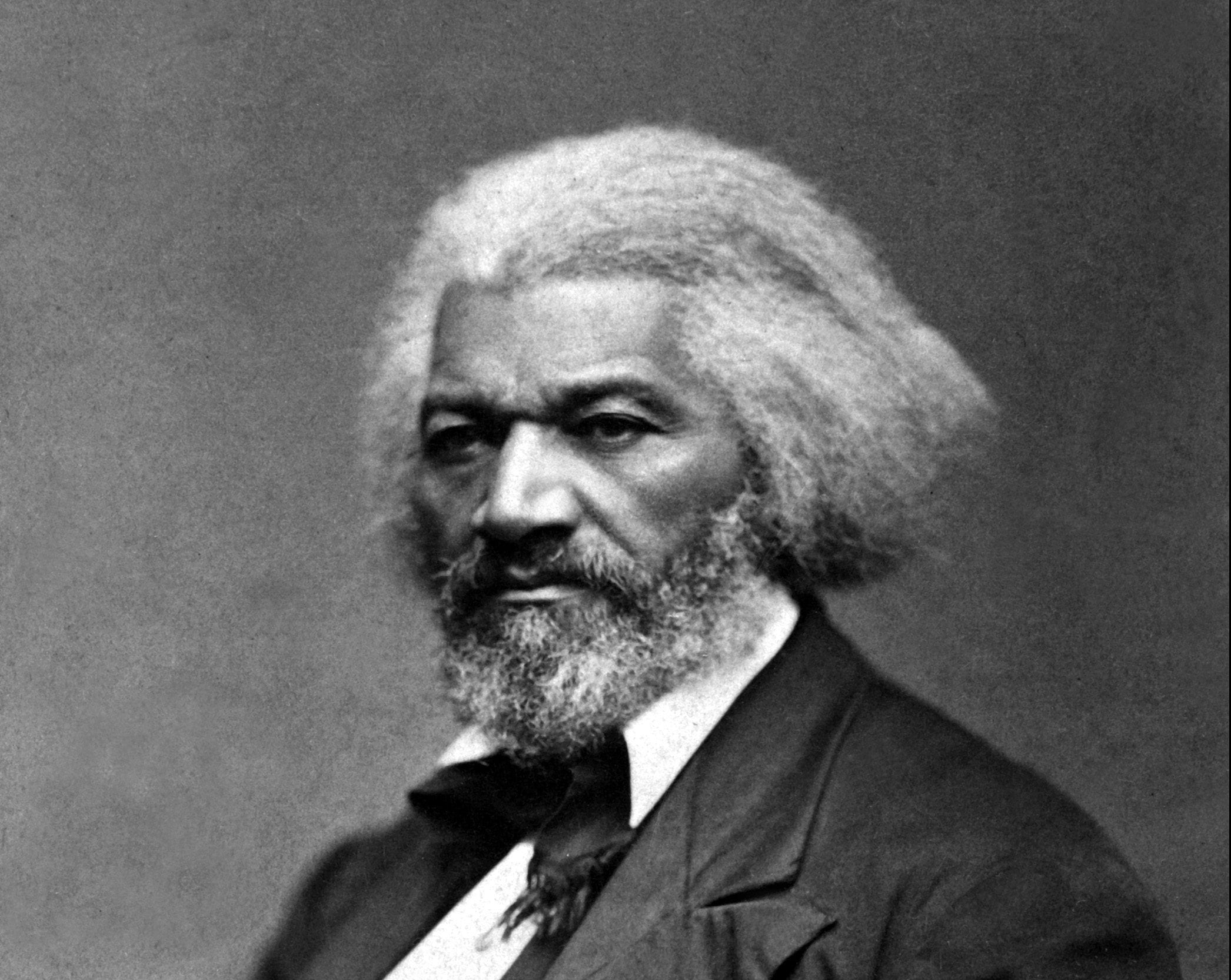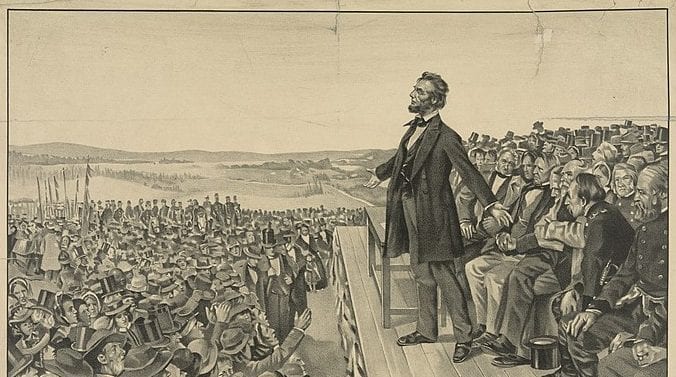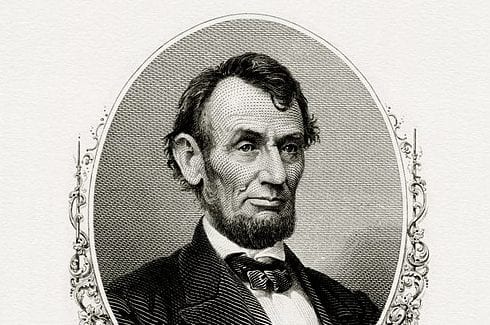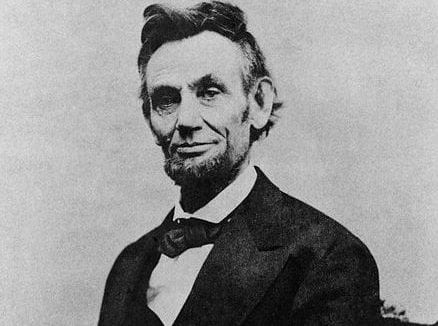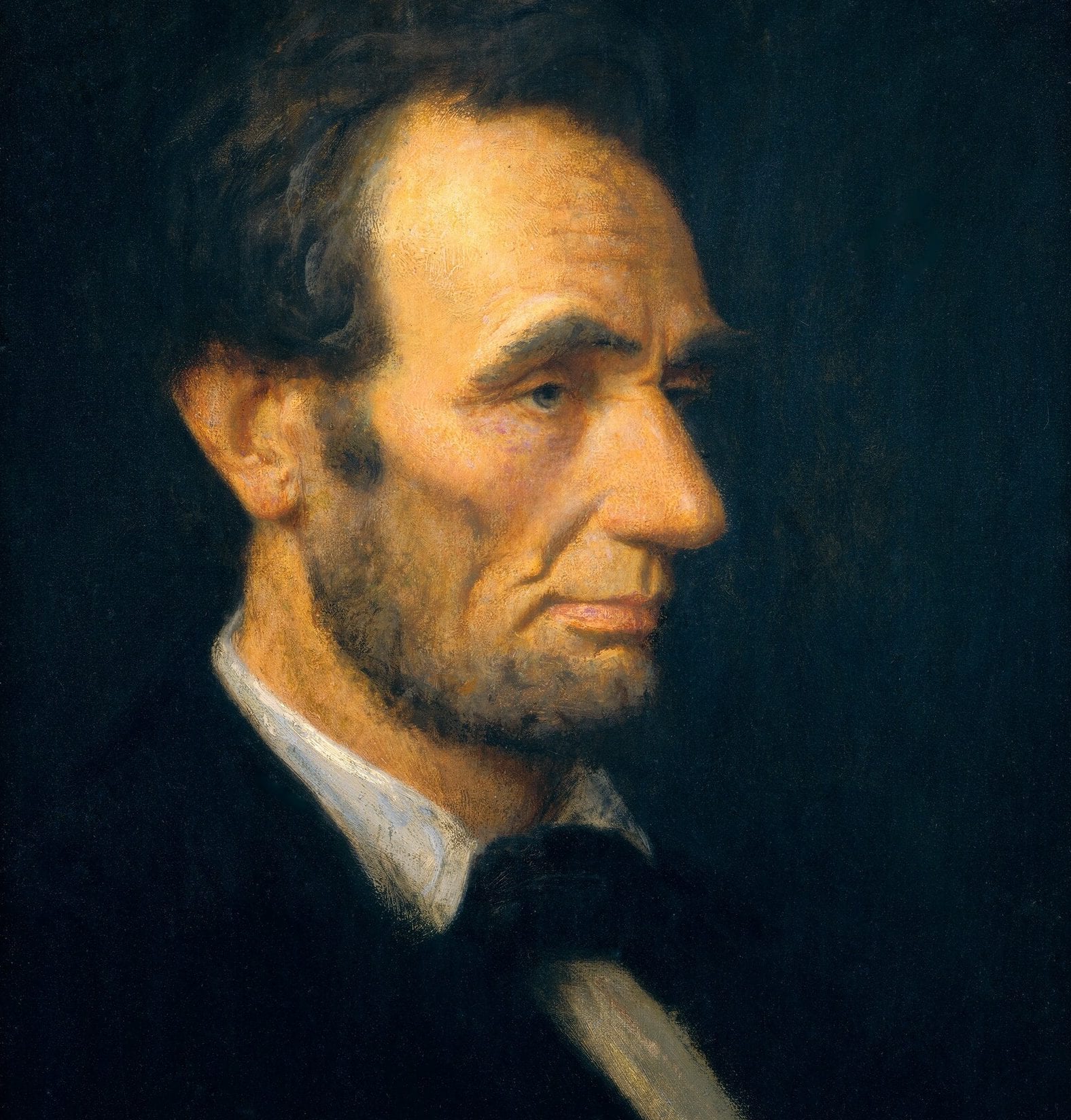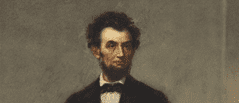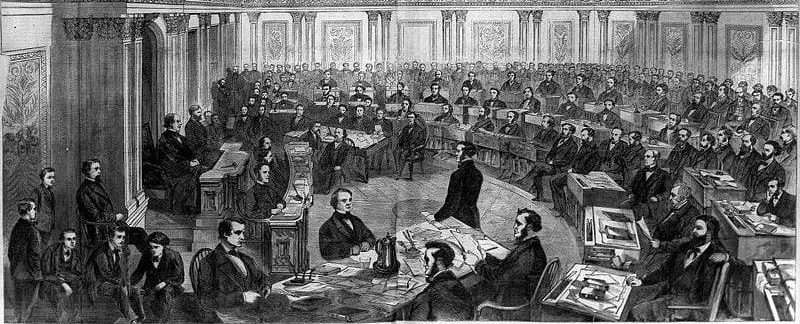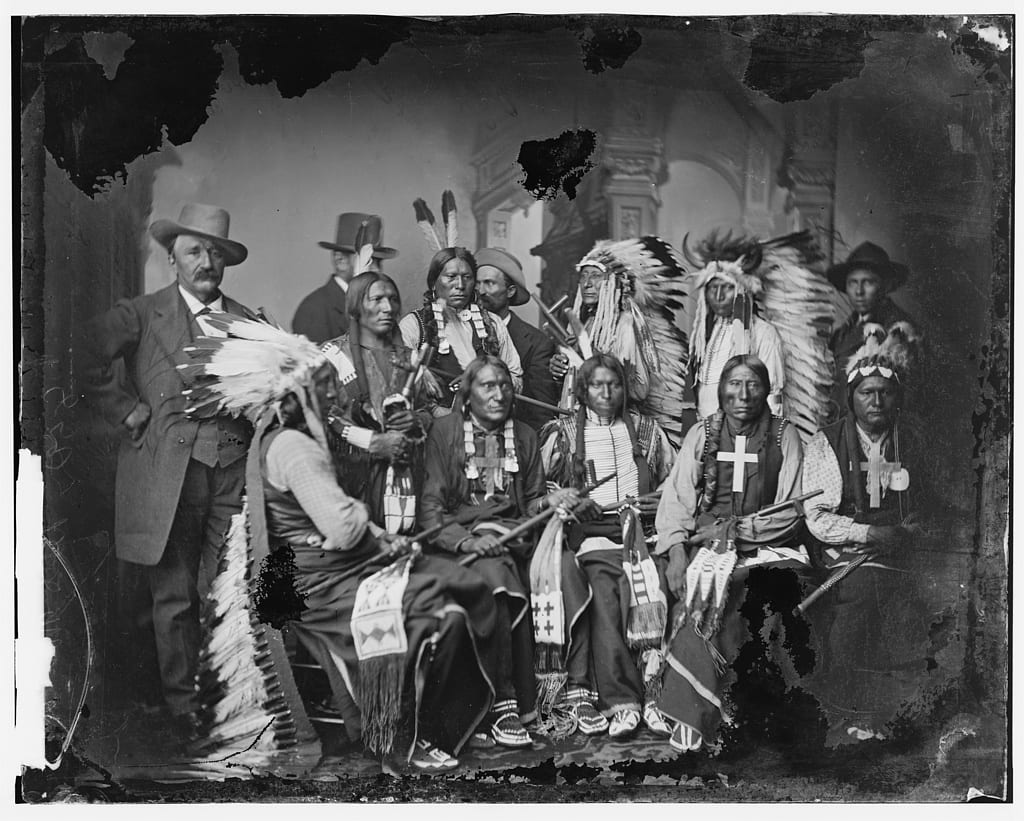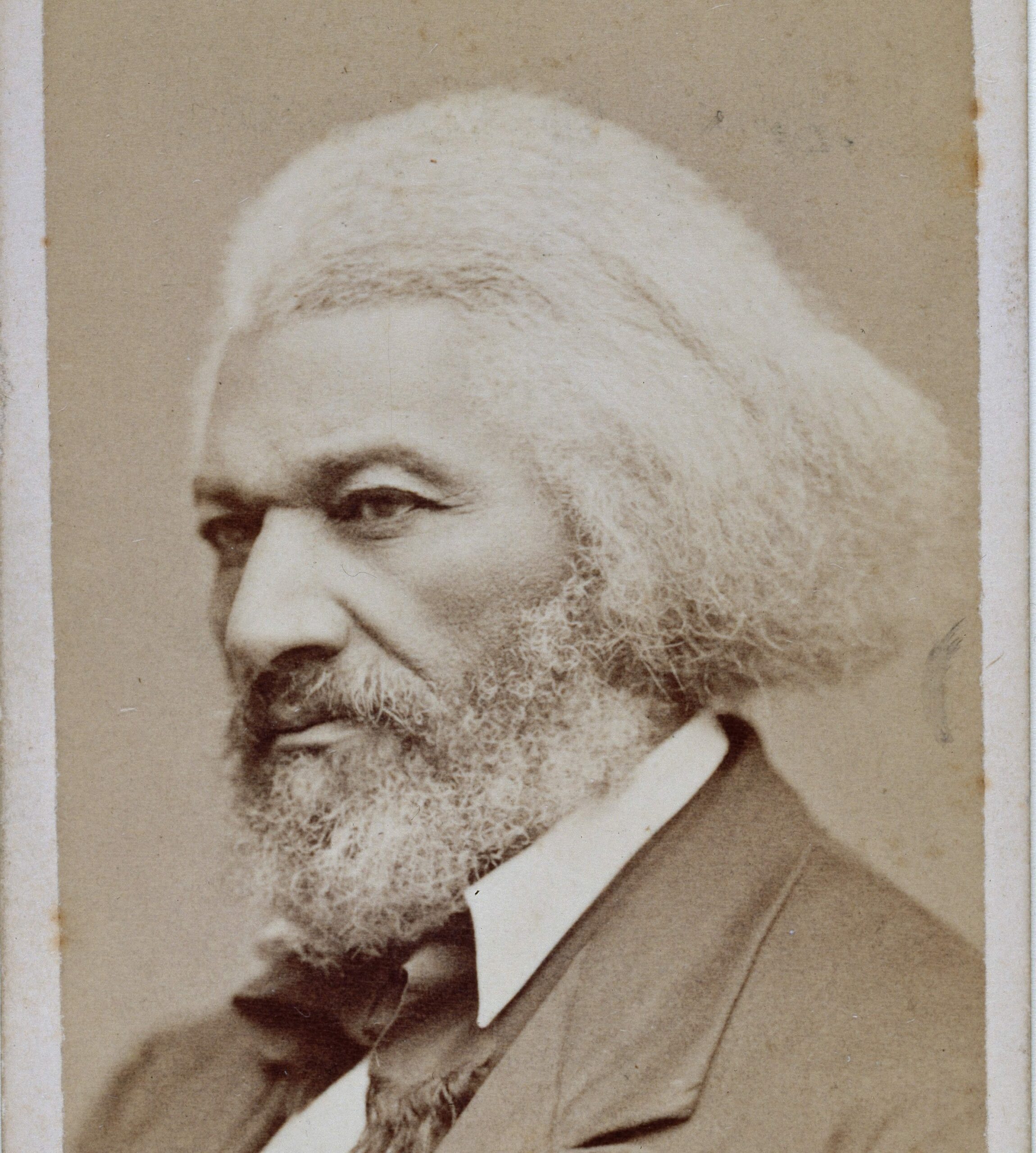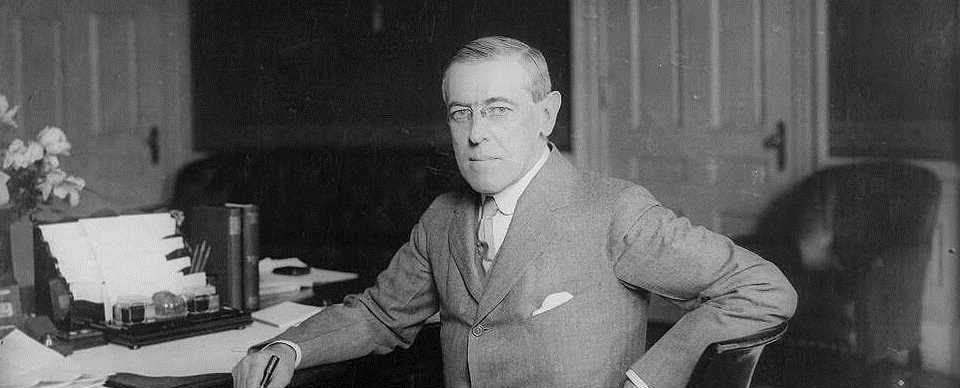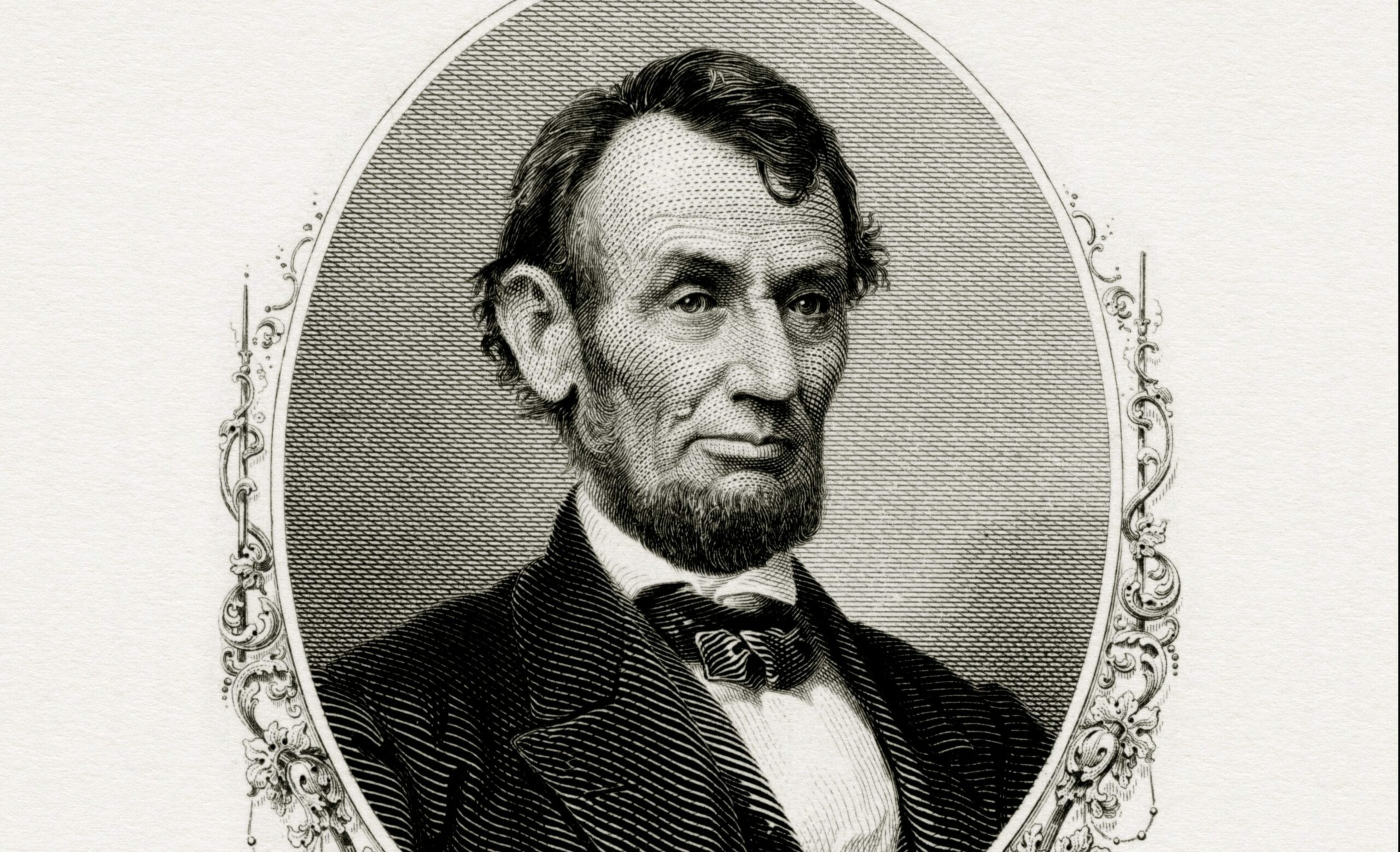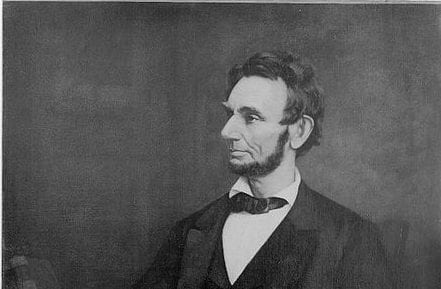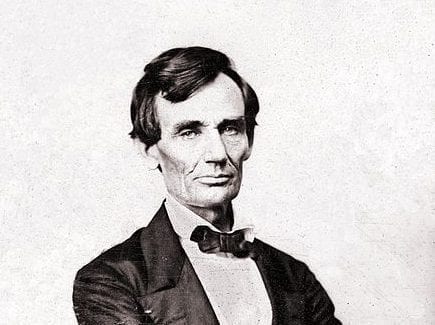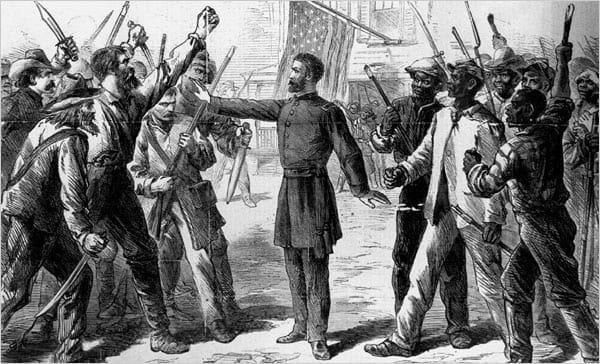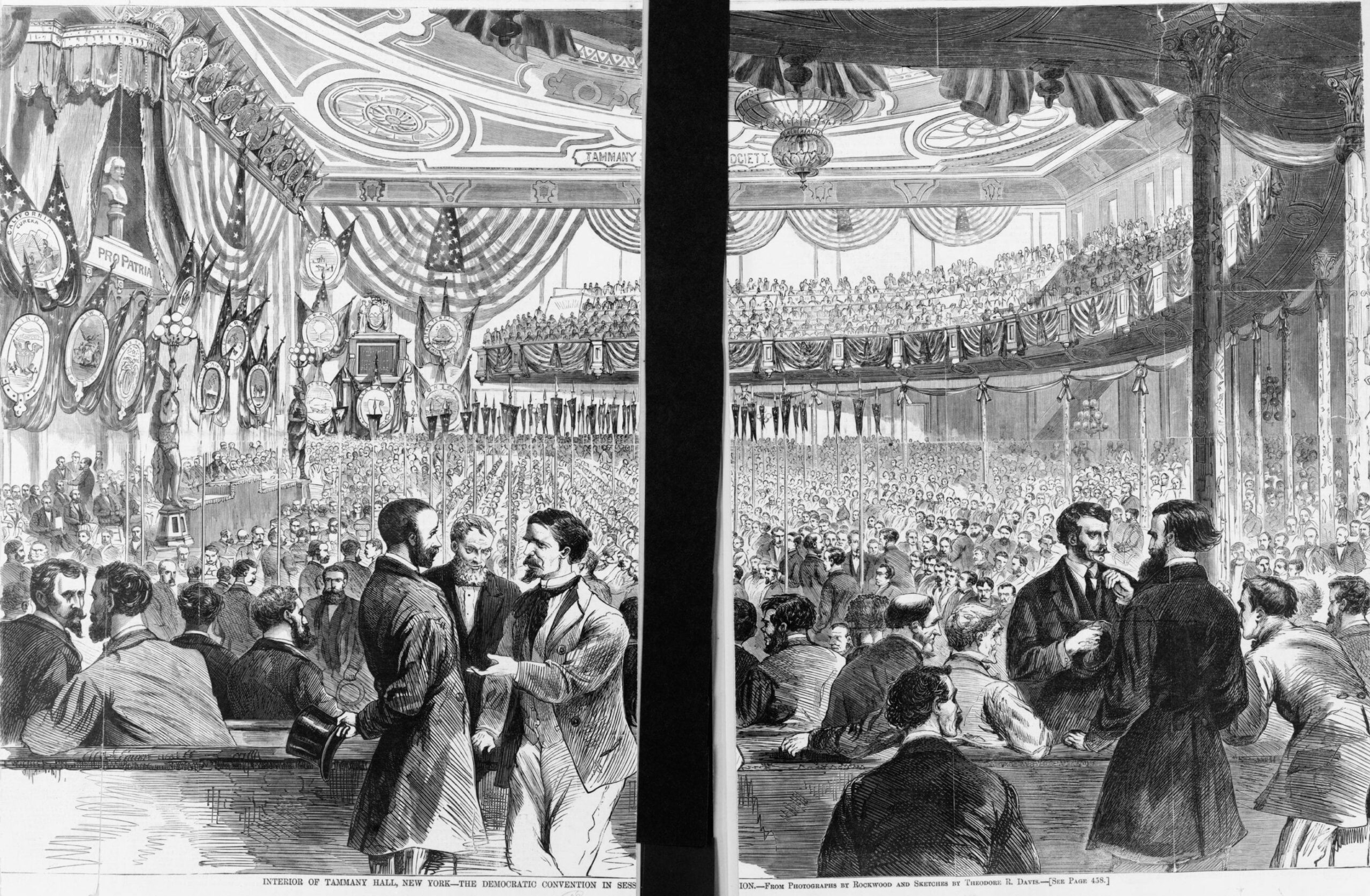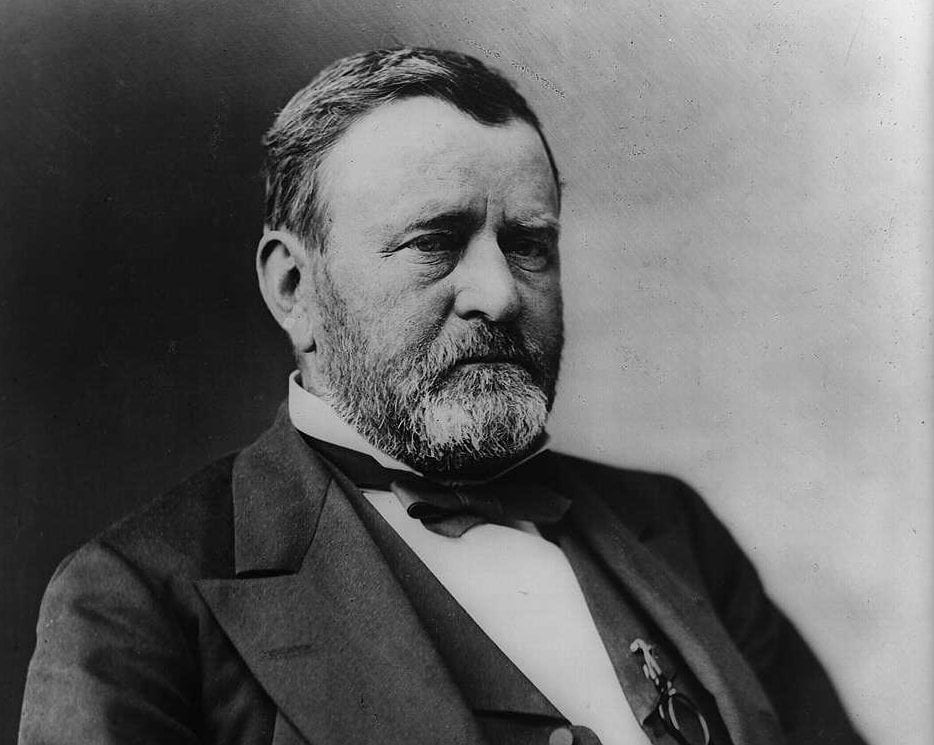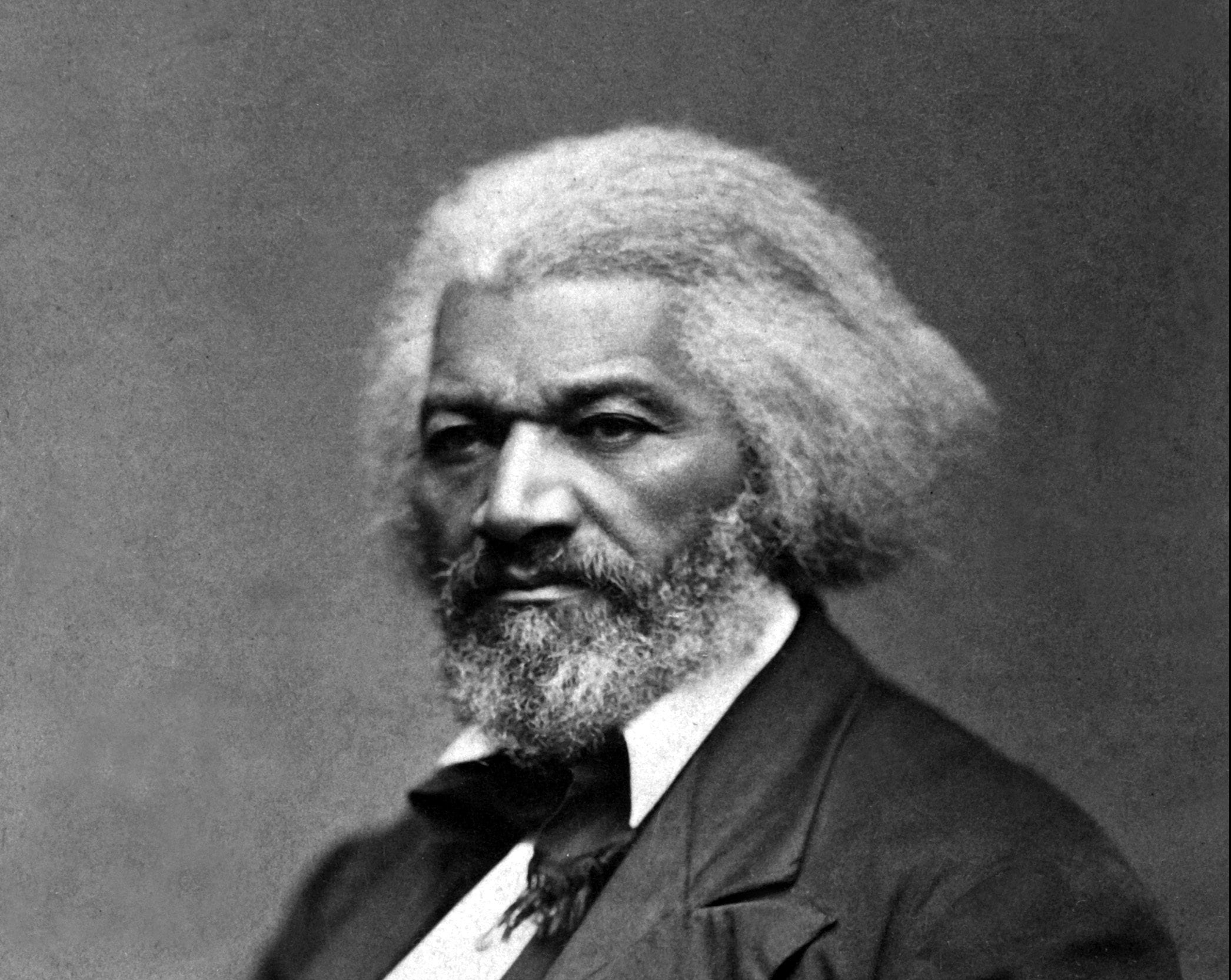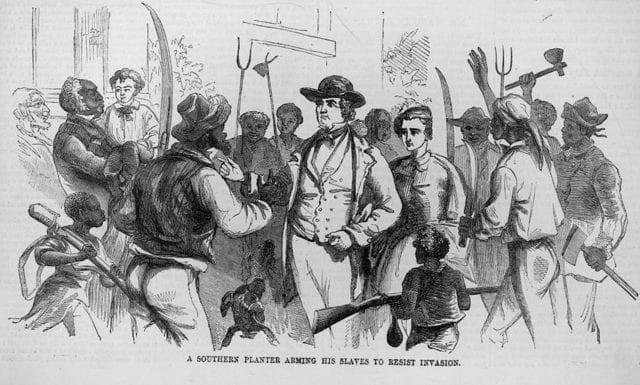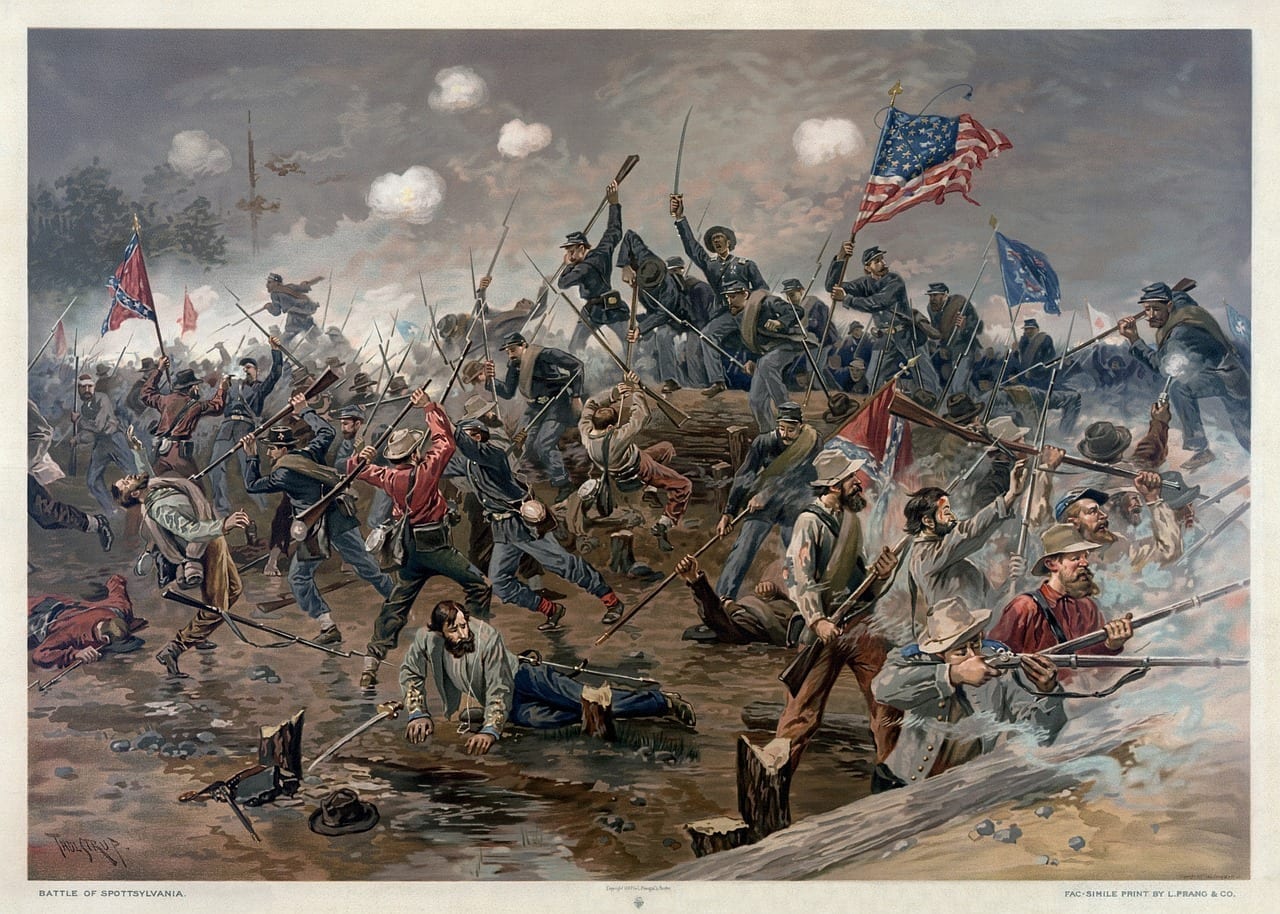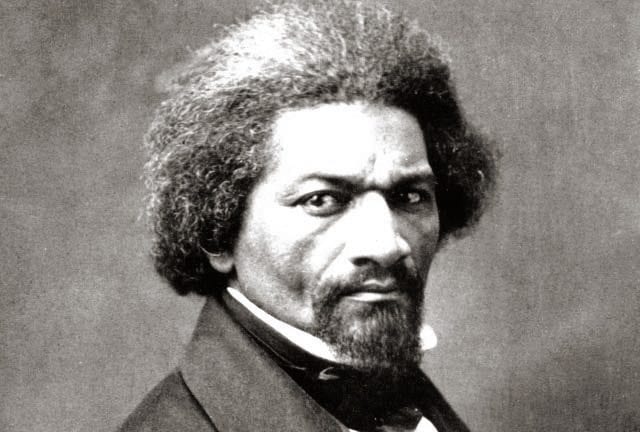It is not supposed by any one, we believe, that Mr. Lincoln is possessed of much polish in manners or conversation. His adherents, however, claim for him an average amount of common sense, and more than an ordinarily kind and generous heart. We have failed to distinguish his pre-eminence in the latter, and apprehend the former to be somewhat mythical, but imagine that his deficiencies herein being less palpable than in other qualities constituting a statesman have led his admirers greatly to overestimate him in these regards. These qualities are unfailing guides to appropriateness of speech and action in mixing with the world, however slight may have been the opportunities afforded their possessor for becoming acquainted with the usages of society.
The introduction of Dawdleism in a funeral sermon is an innovation upon established conventionalities, which, a year or two ago, would have been regarded with scorn by all who thought custom should, to a greater or less extent, be consulted in determining social and public proprieties. And the custom which forbids its introduction is founded on the propriety which grows out of the fitness of things, and is not therefore merely arbitrary, or confined to special localities, but has suggested to all nations the exclusion of political partianship in funeral discourses. Common sense, then, should have taught Mr. Lincoln that its intrusion upon such an occasion was an offensive exhibition of boorishness and vulgarity. An Indian in eulogizing the memories of warriors who had fallen in battle would avoid allusion to differences in the tribe which had no connection with the prevailing circumstances, and which he knew would excite unnecessarily the bitter prejudices of his hearers, Is Mr. Lincoln less refined than a savage?
But aside from the ignorant rudeness manifest in the President’s exhibition of Dawdleism at Gettysburg,–and which was an insult at least to the memories of a part of the dead, whom he was there professedly to honor,–in its misstatement of the cause for which they died, it was a perversion of history so flagrant that the most extended charity cannot regard it as otherwise than willful. That, if we do him injustice, our readers may make the needed correction, we append a portion of his eulogy on the dead at Gettysburg:
“Four score and ten [sic] years ago our fathers brought forth upon this continent a nation consecrated [sic] to liberty and dedicated to the proposition that all men are created equal. [Cheers.] Now we are engaged in a great civil war, testing whether that nation or any other [sic] nation so consecrated [sic] and so dedicated can long endure.”
As a refutation of this statement, we copy certain clauses in the Federal constitution:
“Representatives and direct taxes shall be apportioned among the several States which may be included in this Union, according to their respective numbers, which shall be determined by adding to the whole number of free persons, including those bound to service for a term of years, and excluding Indians not taxed, three-fifths of all other persons.”
“The migration or importation of such persons as any of the States now existing shall think proper to admit shall not be prohibited by the Congress prior to the year 1808, but a tax or duty may be imposed on such importation, not exceeding ten dollars for each person.”
“No amendment to the constitution, made prior to 1808, shall affect the preceding clause.”
“No person held to service or labor in one State under the laws thereof, escaping into another, shall, in consequence of any law or regulation therein, be discharged from such service or labor, but shall be delivered up on claim of the party to whom such service or labor may be due.”
Do these provisions in the constitution dedicate the nation to “the proposition that all men are created equal”? Mr. Lincoln occupies his present position by virtue of this constitution, and is sworn to the maintenance and enforcement of these provisions. It was to uphold this constitution, and the Union created by it, that our officers and soldiers gave their lives at Gettysburg. How dared he, then, standing on their graves, misstate the cause for which they died, and libel the statesmen who founded the government? They were men possessing too much self-respect to declare that negroes were their equals, or were entitled to equal privileges.


